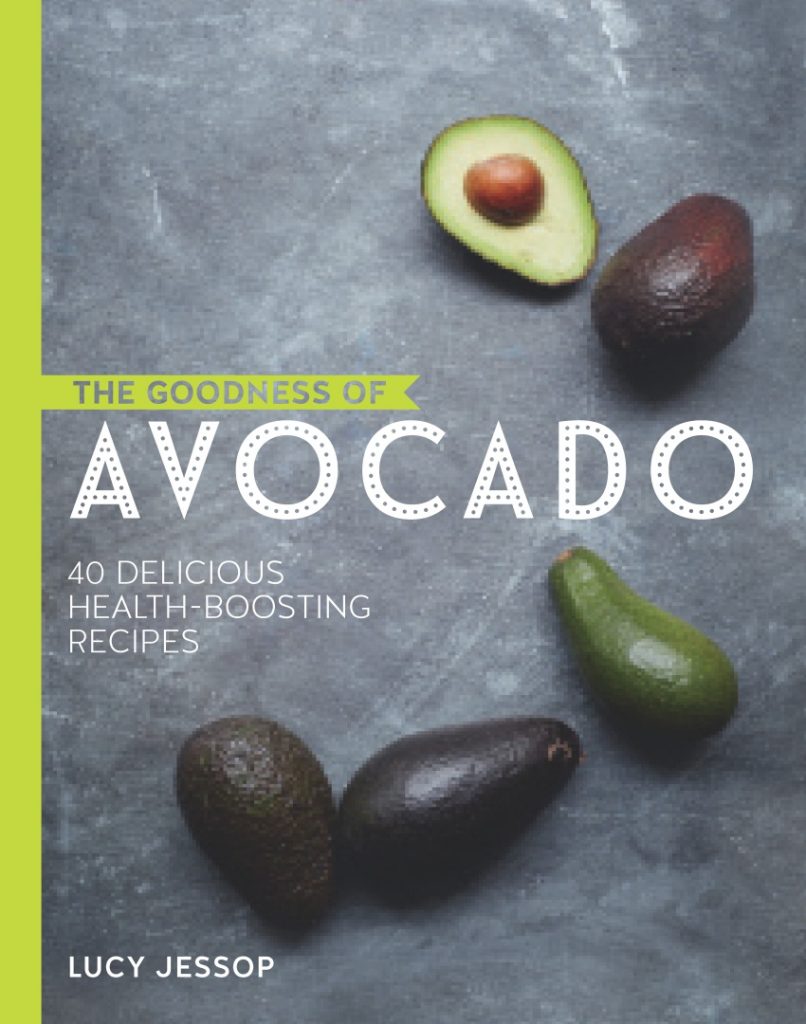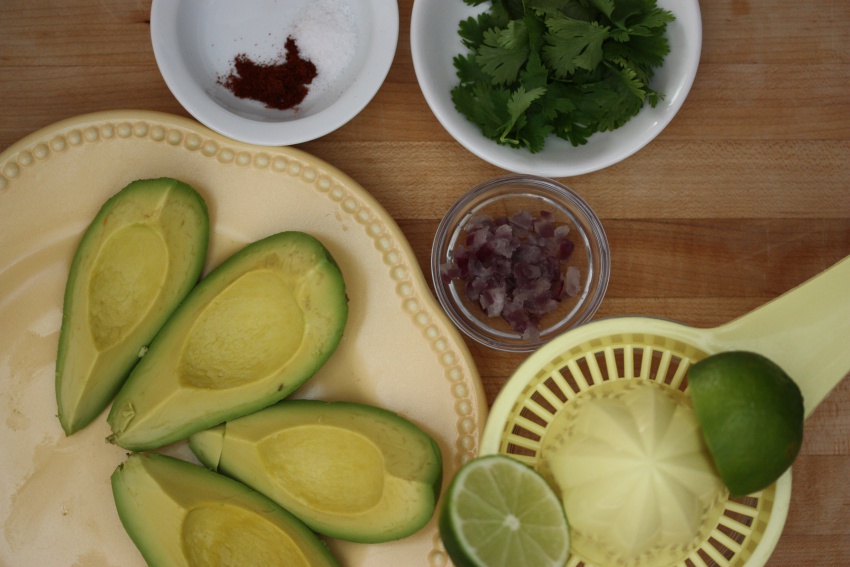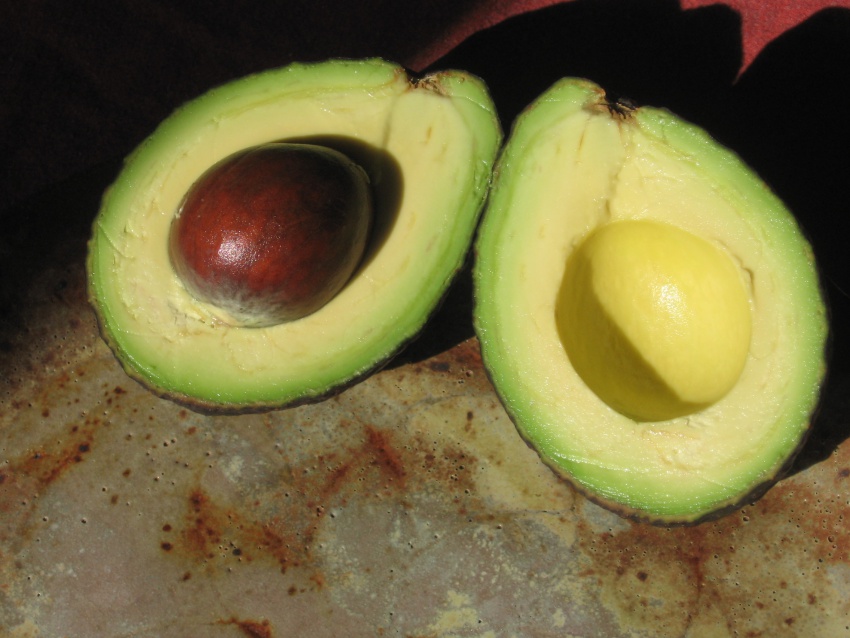
Avo adoration
I love avocados, you love avocados, we all love avocados – but why? When I crave avocado, nothing else will do. It is unique. Unlike most other fruit, veg and salad leaves, avocado can’t easily be substituted – its rich, velvety smoothness and creamy, mild grassy flavour is matchless. Avo brings something special to a recipe that nothing else can; something virtuous and indulgent, all rolled into one. It is also endlessly versatile, simple and quick to prepare and insanely nutritious.
My recipes aim to celebrate the deliciousness of the avocado and show off its true potential, while remaining easy to make and on the whole very healthy. Here, avocado not only brings an added layer of indulgence (and nutrients) to old time favourites – it also transforms typically decadent dishes into healthier, cleaner alternatives. Above all, these are recipes for real life, ranging from quick and nourishing weekday suppers, hearty, fill-you-up salads and revitalising smoothies, snacks and lunches to bank holiday brunches, easy summer party food and more wholesome bakes and sweet treats.
 Guacamole is bursting with goodness thanks to avocado. Photograph by Meal Makeover Moms/Flickr
Guacamole is bursting with goodness thanks to avocado. Photograph by Meal Makeover Moms/Flickr
Nutrition in a nutshell
The term ‘superfood’ is often overused, but for the avocado it’s a deserved and well earned title. Avocados provide nearly 20 vitamins and minerals, including noteworthy amounts of fibre, good fats, folic acid, vitamin E and potassium.
There’s no denying avocados are high in fat (and therefore calories), but that shouldn’t put you off, because it’s the good kind, monounsaturated fat, which has been found to help lower cholesterol levels and maintain a healthy weight.
This sort of fat also improves the absorption of fat soluble vitamins A, D, E and K. In baking and desserts, avocado can offer a healthier alternative to butter or cream, which omits the need for dairy (therefore suitable for those who are intolerant) and also instantly cuts the overall saturated fat level.
• Vitamin E is a powerful antioxidant, which can help reduce the risk of chronic health conditions, such as heart disease, and protect the body’s cells against damaging free radicals – overall it’s important for keeping skin, eyes and the immune system healthy.
• Avocado is also a useful source of potassium (containing even more than bananas), which helps to balance sodium in the diet and maintain healthy blood pressure.
• Folic acid is another of avocado’s vitamins. This vitamin (B9) is key to maintaining the healthy production of red blood cells and is especially important for women in the early stages of pregnancy and trying to conceive.
 Photograph by Scott Stull/Flickr
Photograph by Scott Stull/Flickr
How to choose and store
• Choose an avocado that feels heavy for its size. • Check it isn’t bruised, damaged or squashed.
• Store at room temperature or in a cool place.
How to check for ripeness
• Hass avocado is green when unripe and blackens as it ripens; it should be dark brown, with a slightly purple hue when ripe.
• Don’t use the colour of the skin alone to determine ripeness – the feel is equally, if not more, important. Hold the avocado in the palm of your hand and gently squeeze; it should yield just a little. Never firmly press,squeeze or prod an avo as it bruises easily.
How to ripen a rock hard avocado
Avocado (along with bananas) releases ethylene gas, which is key to the ripening process. So place your unripe, hard avocado in a brown paper bag (or other container- an empty bread bin or cake tin works well). This will trap the ethylene gas and help it ripen more quickly. Store at room temperature.
Add a banana to the bag or tin, this will increase the amount of ethylene gas and speed up the process.
From The Goodness of Avocado by Lucy Jessop. Excerpted with permission from Pan Macmillan India.









